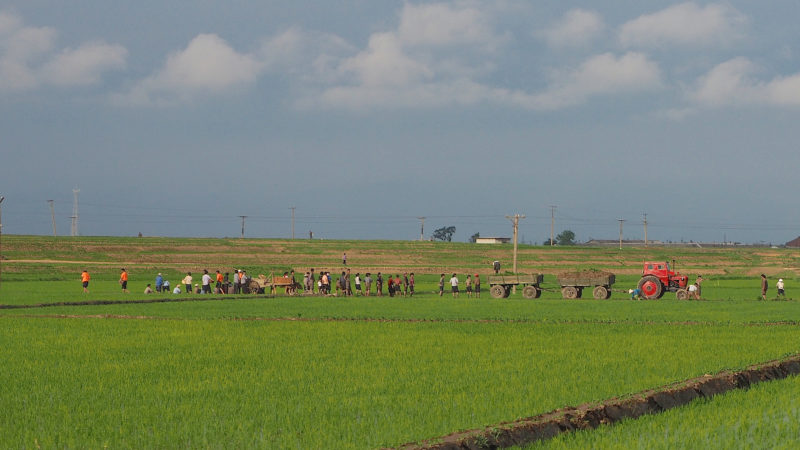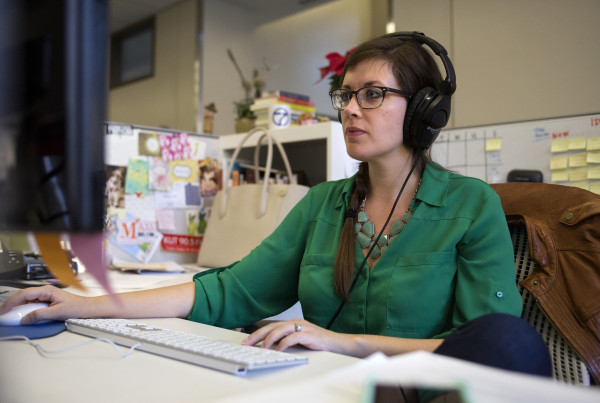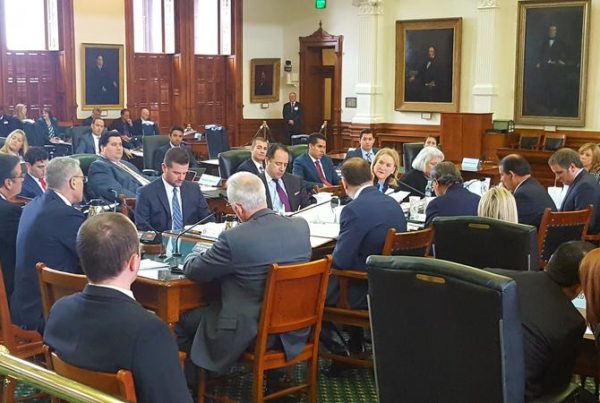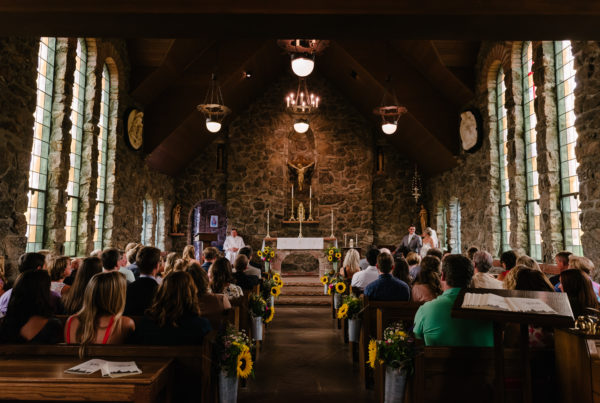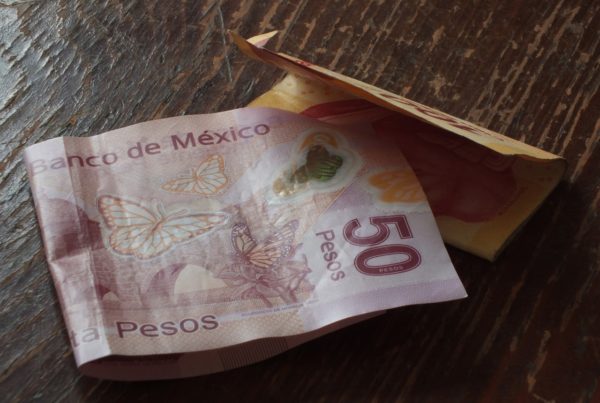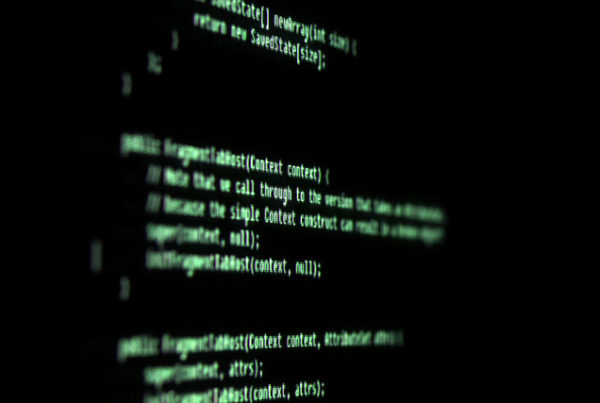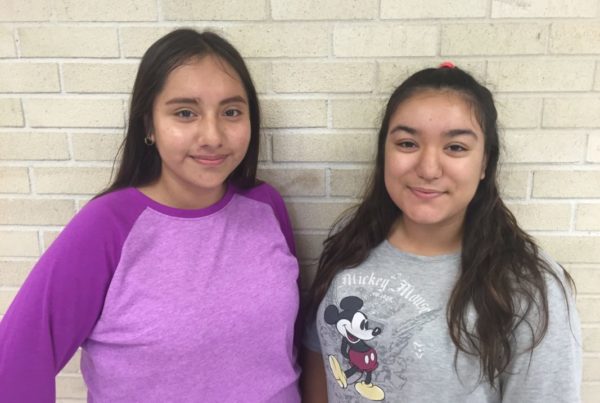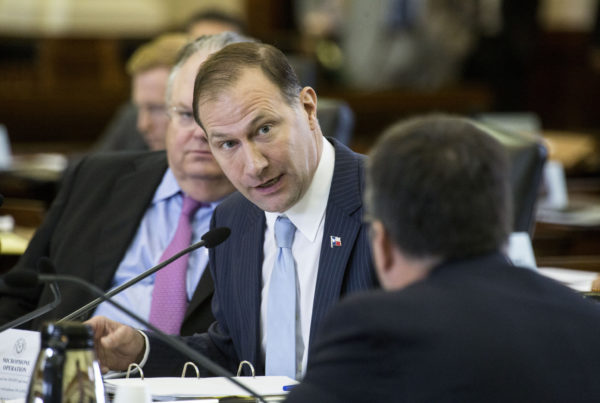Texas A&M University has a new partner – in North Korea. The nation’s only private university has reached out to ask for help teaching students how to grow food in a nation of persistent shortages and high food insecurity.
Pyongyang University of Science and Technology, which was founded and is mainly funded by American evangelical Christians, will receive donated teaching materials from the Aggies.
Edwin Price, director of the Center on Conflict and Development at Texas A&M, is leading the effort. He says he hopes faculty and graduate students will eventually teach at the university for short periods of time.
The partnership developed almost six years ago when a graduate of Texas A&M, who is a leader in the World Evangelical Alliance, invited Price to visit North Korea.
While it may seem counterintuitive that the North Korean regime would be tolerant of a university funded by American religious groups, Price says that there are several reasons why it works.
“One of them is that the school is providing a high level of education and it is a link to the West that doesn’t otherwise exist,” Price says. “They teach advanced science as well as English. And increasingly North Korea needs well-trained people who speak English in order to interface at least with the Europeans and other countries that are working or are associated with North Korea.”
Price says that organic agriculture has flourished in the country as a result of sanctions.
“It’s actually a bit like Cuba,” he says. “Because of sanctions they have adapted organic means of agricultural production that are maybe less productive but at least they use fewer purchased inputs.”
The partnership won’t focus on agricultural policy. Rather, its focus will be on agricultural production, science and technology.
Price says that it takes “a bit of an adjustment” getting used to how to behave as a foreigner in North Korea.
“They’re always looking over my shoulder, that’s for sure,” he says.
Despite the challenges that come with working there, he doesn’t rule out the idea that the country could one day become agriculturally self-sufficient.
“I’m an optimist, no matter where I work,” he says. “We persist in the belief that there will be and can be agricultural progress and I believe that of North Korea, just like other places.”


